Influencer guidelines: Good for ecosystem, tough for influencers, say experts
The Department of Consumer Affairs under Ministry of Consumer Affairs, Food and Public Distribution last week released a guide – ‘Endorsements Know-hows!’ – for celebrities, influencers and virtual influencers on social media platforms. The guide aims to ensure that individuals do not mislead their audiences when endorsing products or services and that they are in compliance with the Consumer Protection Act and any associated rules or guidelines.
The government has now made it mandatory for social media influencers to disclose their ‘material’ interest in endorsing products and services and violations can attract strict legal action, including a ban on endorsements. A fine of Rs 10 lakh will be slapped on the offenders, which can go up to Rs 50 lakh for repeated offenders, the ministry said. The influencer can even be barred from endorsing products for up to 6 years in case of repeated non-compliance of the guidelines, it added.
The fresh set of guidelines has major implications for the influencer ecosystem, given its rapid growth in the country. The size of the social media influencer market in India in 2022 was Rs 1,275 crore and by 2025 it is likely to rise to Rs 2,800 crore with a CAGR of 19-20 per cent. Social media influencers of substance (who have substantial influence or followers) are in excess of one lakh, said Rohit Kumar Singh, Secretary, Department of Consumer Affairs.
Also read:
Centre releases endorsement guidelines for celebs and social media Influencers
As per an iCubesWire report, today, India has nearly 80 million content creators, including video streamers, influencers, bloggers, and essentially anyone building a community around their niche. As of 2022, the influencer marketing industry in India was valued at over Rs 12 billion. It is projected to grow at a CAGR of 25 per cent over the next 5 years. The report also stated that 34% of the respondents chose to buy products or services after watching influencers’ posts, Reels and videos on popular social media platforms, including Instagram, YouTube, Facebook and Twitter, etc.
Industry Speak
Welcoming the endorser guidelines issued by the Ministry of Consumer Affairs, Manisha Kapoor, CEO & Secretary General, ASCI, said, “We are happy to note that they are aligned with ASCI’s influencer guidelines, 2021. Influencer violations comprise almost 30% of ads taken up by ASCI, hence this legal backing for disclosure requirements is a welcome step. The Ministry had been in touch with ASCI to review the various global guidelines on influencers.”
Shahir Muneer, Founder and Director, Divo, added here, “With ASCI guidelines in place, we have seen brands and influencers alike already keep disclosures prominent and active. I think there is close to 70% compliance at least in the top spectrum of top influencers and celebrities. But with the government further issuing these guidelines, and in relation to the Consumer Protection Act, there will have to be more diligence on the same.”
At the same time, Muneer foresaw influencers and brands facing risk of consumers filing litigation if failed to do so with more awareness coming to consumers and also if influencers or brands failed to instill this. “Brands and agencies will have to ensure they comply, as lot of influencers in the market are not legally savvy to know all these compliances, and will need their support to ensure they also do not fall into such risks,” he noted.
Process-oriented brands and agencies with compliances will definitely implement this, even likely include this as part of their audit, agreements and furthermore.
Sumit Gupta, Founder, Viral Pitch, remarked, “As a platform, we believe that transparency and honesty are key to building trust with consumers and creating a fair and ethical marketplace. The guidelines set forth by the Consumer Affairs Ministry have certainly legitimised the influencer industry as a whole in an attempt to build a robust structural approach around it. And I strongly feel that such an intervention might ultimately be helpful in steering brands in a direction that puts the consumer’s right to know first, as it always should have been.”
Furthermore, Gupta felt that it would be beneficial for the government to spread awareness about these guidelines through influencers themselves as it will not only help fast-track the implementation process but will also help them educate the stakeholders about the possible repercussions.
“When it comes to due diligence, we always work closely with our influencer partners to ensure that they are fully compliant with these guidelines and continue to provide valuable, high-quality content to their followers,” he added.
According to Lokesh Jain, Co-Founder & COO, 8Bit Creatives, an esports consulting and talent agency managing 50+ top gaming content creators, “These guidelines are indeed a significant step towards building an ecosystem of trust and transparency between the influencers and their loyal fan base. The unwavering faith that fans put into a creators’ content and their opinions need to be met with unbiased, honest views to distinguish between the products that they are ‘endorsing’. Content creators are responsible for influencing a massive set of people that religiously follow their every step. This set of guidelines will not only help fans figure out the authenticity of the creator they admire, but also whether or not they actually utilise the product or services which they endorse.”
In the impact of the guidelines on the influencer ecosystem in India, Jain said, “Firstly, the viewership for these paid ads of an influencer may decrease which in turn can affect the reach and engagement of the creator with their audience. However, this can be avoided if the brand allows freedom to the influencers by integrating their endorsement in the creators’ content through various engaging and fun ways that stop the viewer from skipping the ad. Moreover, brands will also be cautious about the influencer that they are choosing for their particular products and will prefer to opt for a more suitable fit unlike earlier to make the endorsement seem legitimate. Strict implementation of these guidelines may be tough on the creators but it is undoubtedly going to guarantee a transparent relationship full of trust between the audience and creators which is beneficial for the community in the long run.”
Yulia Aslamova, Head of Asia at DRIM Global noted, "We are in accordance with such a rule. Transparency and safety are at the core of DRIM Global and we believe we should be transparent to all the stakeholders. May it be brands, influencers,s or the consumer base. From a performance influencer marketing point of view, this doesn't deter our workflow. Since our creators are explicit about a collaboration post. We've also noticed that if creators are more real & honest their Cost Per Action is better."
“This development has been in the works since over a year now, but it is finally starting to materialise now,” said Rohit Agarwal, Founder & Director, Alpha Zegus, adding that it is good hygiene to follow since there is a definite need to draw a clear demarcation between ‘endorsed’ and ‘recommended’. He stated, “At present, most influencer ads are coming across as ‘personal recommendations’ without any indication of there being a monetary advantage to the influencer behind it. This becomes unfair to the audience, and they start losing faith in their creator - since they lose track of who the influencer ‘really’ is, and what they really use.”
Agarwal felt that there might be a drop in numbers (reach, engagement, etc.) for branded content, now that there will be a clear disclosure since the audience might just ‘skip the ad’ now that they know it. “This might, in turn, cause a drop in creator fees for endorsements, as their fees are highly dependent on these data points. This can be avoided if the influencer finds more innovative ways to showcase the brand and make the branded content ‘enjoyable’ enough like their regular content,” he concluded.







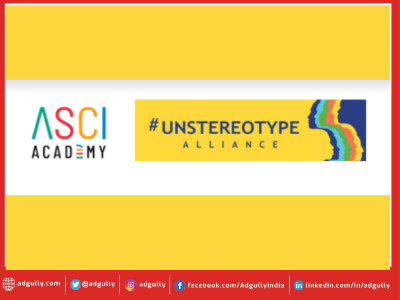
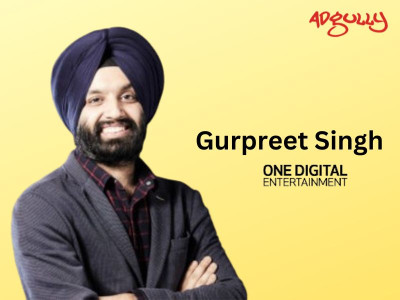
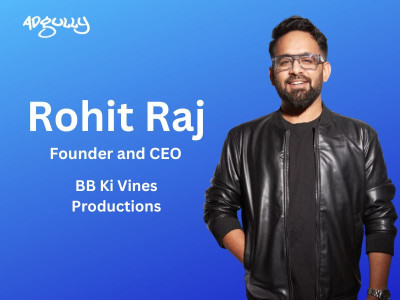

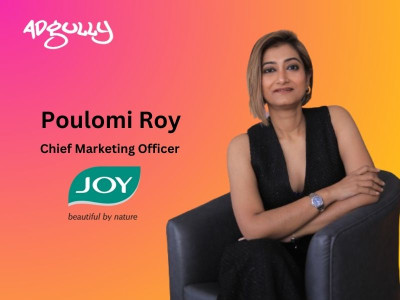

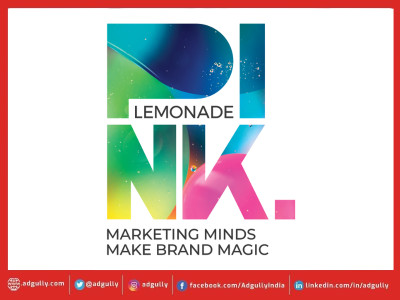

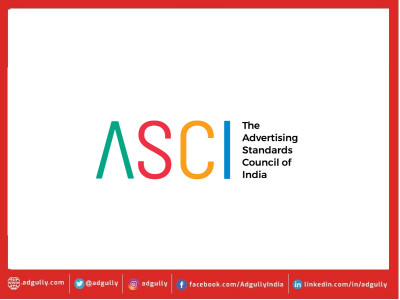


Share
Facebook
YouTube
Tweet
Twitter
LinkedIn